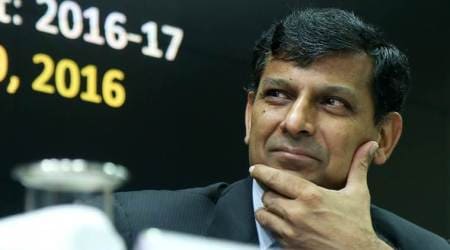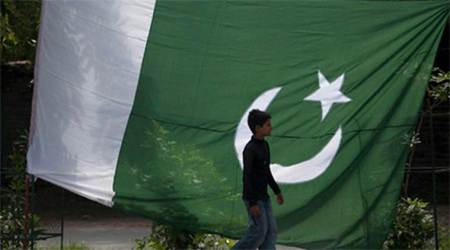 Relatives mourn the death of journalist Gauri Lankesh. (Source: PTI Photo)
Relatives mourn the death of journalist Gauri Lankesh. (Source: PTI Photo)
The Rohingya refugee crisis, posts slamming demonetisation, a YouTube link on “explaining gay rights to Indian parents”, and another mocking the BJP-led government at the Centre — these were among the tweets and Facebook posts shared by Gauri Lankesh in the last 24 hours. And in her Kannada weekly, she carried at least eight stories critical of the central government and its leaders over the last three months. In her last weekly column, Lankesh wrote on the death of children at the Baba Raghav Das Medical College and Hospital in Gorakhpur, and criticised the removal of its doctor, Dr Kafeel Khan.
On social media, Lankesh retweeted or shared posts critical of the BJP and its government, including by James Wilson, a Kerala bureaucrat who has often criticised the Centre’s narrative on various topics — most prominently on demonetisation. In her own tweets over the last 24 hours, she mostly shared web links, including a report on the Supreme Court asking the government why it wanted to deport Rohingya refugees. Read | Who is Gauri Lankesh?
“Why do i feel that some of ‘us’ are fighting between ourselves? we all know our “biggest enemy’’. can we all please concentrate on that,” she tweeted, although the context is not clear. “OK some of us commit mistakes like sharing fake posts. let us warn each other then. and not try to expose each other. peace…comrades,” she tweeted.
Her Facebook profile largely mirrored her Twitter timeline, as both were linked.
 Twitter screenshot of Gauri Lankesh’s tweet.
Twitter screenshot of Gauri Lankesh’s tweet.
While her Facebook page has a photograph of Dalit student Rohith Vemula, her Twitter header image shows her with Jawaharlal Nehru University student leader Kanhaiya Kumar. Hours before she was shot dead, Lankesh posted a photograph of herself with her father, the late journalist P Lankesh. “An absentee father most times but a wonderful teacher of life — My Appa!! Happy teachers day,” she wrote. Also read | Gauri Lankesh journalist who spoke her mind shot dead in Bengaluru
After she lost a defamation case for a story she wrote about BJP workers she had told Newslaundry in an interview in November 2016: “When I looked at the tweets and the kind of comments that were made about me, I was alarmed…(they) made me fear for the freedom of expression of the fourth estate in our country today in a larger context and not just in the personal sense.”

